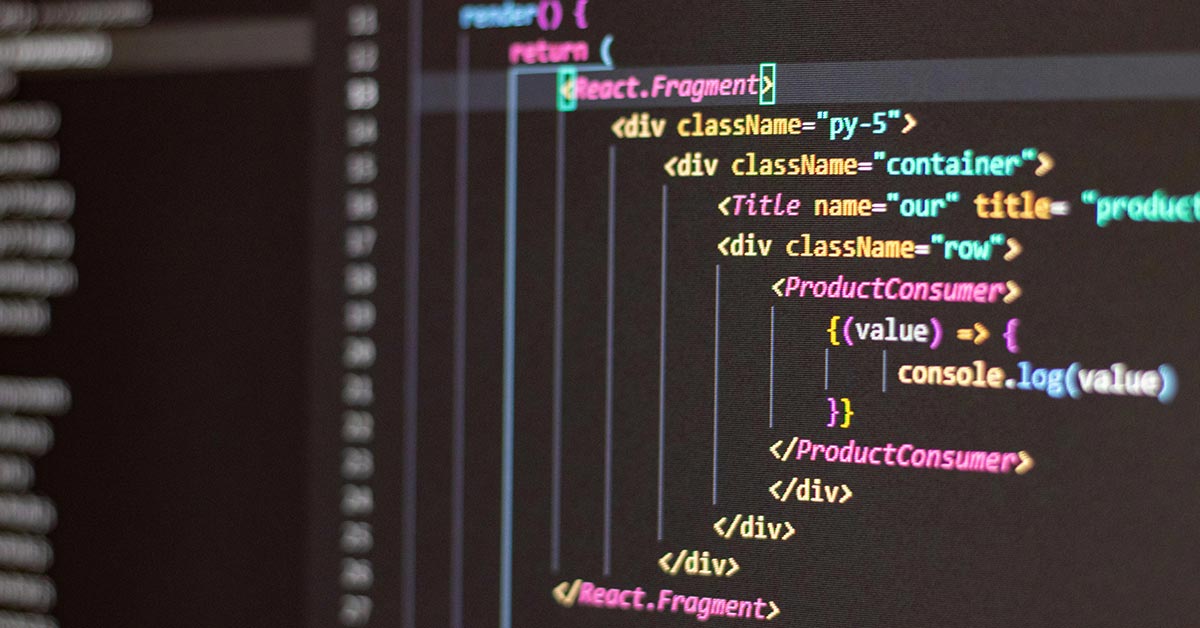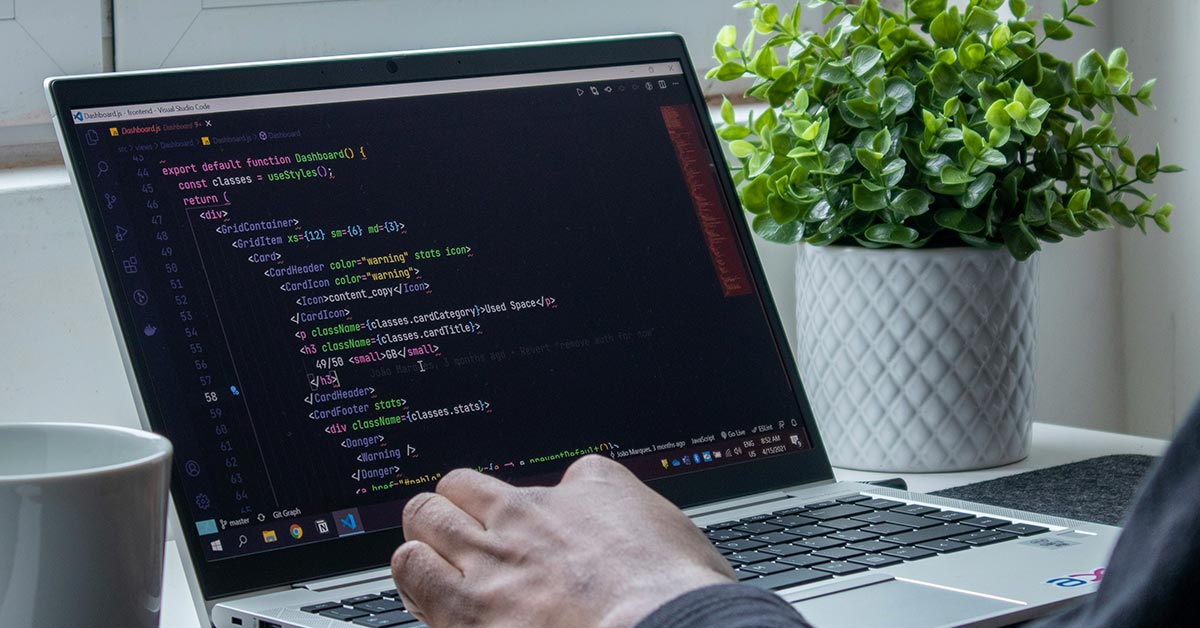IoT Software Development
Embrace the future of an IoT system with vast capabilities using our IoT development company.
Leverage IoT application development for all smart devices at home or in the office, industrial IoT devices, cloud computing, or wearable devices with the leading IoT development services in the UK.
Delivering for our clients for almost 30 years
Connect a Business With Our IoT Software Development Services
Get in Touch Today
At Pulsion, we’re not just App developers; we’re architects of digital experiences. Elevate your IoT software with our diverse and cutting-edge development services.
Types of IoT Developers Available at Pulsion

The Benefits of IoT Software Development
IoT development services provide several advantages to businesses in any industry around the world.
Common Examples of Internet of Things (IoT) Applications
Smart Watches and Smartphones
Smart Watches gather data about a user’s movement with smart sensors, recommend exercise routines, and learn preferences. Soon enough, users enjoy personalised exercise programs and health tips to improve overall fitness while being able to answer calls from connected devices like smartphones.
Google Assistant or Amazon Alexa
Google Assistant and Amazon Alexa can provide remote assistance based on predictive models, algorithms, and customer preferences. It’s well-known on Android smartphones, but it’s available on other devices. Common voice commands for a Google Assistance smartphone include: “Hey, Google!”
Home Automation Smart Devices
Multiple devices use IoT software, including the smart thermostat that automatically adjusts the temperature in your home. Smart thermostats also reduce heating and cooling costs. Another example is a smart plug that works on a timer. Smart home sensors also manage security and lock systems.
Healthcare Device Management
Healthcare professionals can access real-time patient care, data, and information with a healthcare patch that enables remote patient monitoring to read the heart rate, temperature, and other vitals. IoT devices are widely used in healthcare industries to ensure the best healthcare standards.
Supply Chain Management Automation
IoT platforms in supply chain management include fleet management and tracking with real-time monitoring. Real-time monitoring in supply chain management and manufacturing processes also helps companies meet specific standards and compliance regulations for on-site safety.
Automotive and Logistics Industrial IoT Platforms
Various industries automate car tracking, telematics, or on-board diagnostics. Implementing IoT solutions and infrastructure within real-world vehicles and logistics management improves safety, technology opportunities, customer experiences, workflows, and hardware efficiency.
Industrial Internet of Things (IoT) Development
Industrial IoT development refers to the network of interactions in industrial robots or complex industrial machines. Industrial environments use IoT solutions for the automation of workflows, robotic productivity, RFID tags, and sensors or beacons in various industries.
Pulsion’s IoT Software Development Tech Stack
Pulsion is a leading IoT software development company that ensures transparency, including the teck availability to clients. Here are some core technologies and programming languages used for IoT device application development.
Why Choose Pulsion’s IoT Development Company?
Diverse Skills Available for Multiple Industries
Our software developers have a range of diverse skills ideal for developing IoT applications on different devices, including smart home, industrial, and the various devices required for industrial and healthcare industries. Allow our IoT developers to connect devices and produce automated workflows.
Cutting-Edge IoT Technology and Features
Optimal performance on Internet of Things devices requires using the latest technologies available for such devices. Our IoT development team designs and develops a system using technology with new features to enhance performance and user experience in everyday activities.
Improved Safety and Quality Control
Partner with an IoT development company that will test every feature, sensor, and code byte. Our real-world testing occurs under real-world conditions with a prototype to gather user feedback to improve efficiency. Prototype testing enables us to share data based on data collected from actual users.
Connect Architecture Scalability and Usability
Scalability is a top priority among our IoT developers when developing apps for any Internet of Things platform or device that will exchange information within networks. Our top IoT developers develop systems using various tools to improve user control, access, and benefits based on user needs.
Efficient Functionality and Capabilities
We focus on developing efficient IoT platforms for logistics, transport, healthcare, manufacturing, and supply chain management businesses worldwide. Our top IoT developers identify and evaluate the ideal functional requirements for seamless integration with APIs, Microsoft, Azure IoT, and even Bluetooth.
Deploy the Right Speed in Expected Digital Functions
At Pulsion, our IoT developers address any shortfalls related to function or communication speed between devices, software, and cloud platforms. Furthermore, our teams can ensure Bluetooth low-energy consumption for device batteries during high-performing function communication.
Compliance With Industry Standards for All Companies
Compliance is crucial to ensure reliable, user-friendly, and compatible IoT development solutions. At Pulsion, we follow industry best practices to deliver an IoT platform meeting the specific needs and regulatory compliance functions of all businesses, whether a startup or a large-scale organisation.
Efficient Collaboration and Communication Throughout the Project
Creating IoT software architecture with connected devices requires complex processes. However, we streamline collaboration and communication with Agile management throughout the project lifecycle to create reliable Internet of Things applications based on a business idea, regardless of the complexity.
Book a Free Consultation Today
Receive custom solutions, recommendations, and estimates for your cross-platform web or mobile apps. One of our Account Managers will be in touch with you shortly.
Pulsion’s IoT Development Process Explained
Here’s our step-by-step Internet of Things development process:

A Success Story: Pulsion’s Collaboration With Accourt
Our collaboration with Accourt allowed us to spearhead a revolutionary project to replace a legacy Fraud Management System for a major UK financial institution. The initial SharePoint-based solution severely lacked reporting capabilities, had no scalability, and faced user-friendly challenges regarding the user interface. Ultimately, we proposed a solution by migrating the system to a fully serverless Amazon Web Services (AWS) solution with highly-resilient, scalable, and cost-effective benefits.
The serverless architecture from AWS delivered lower software infrastructure costs and abolished maintenance concerns. The serverless setup ensured scalability and enhanced reliability across all the necessary availability zones Accourt needed. The financial institution has over 2,000 users and 20,000 transactions monthly. However, our new solution surpassed independent audits and exemplified Pulsion’s commitment to high-quality delivery in every system. Accourt Managing Partner, Vaughan Collie, hailed the outcome, praising the system’s performance and durability.

IoT Development FAQs
General Information
The Internet of Things (IoT) is the network of interconnected devices and smart home appliances with embedded or integrated systems that communicate with each other using sensors and software. IoT software development companies design software that controls and manages interactions to exchange data between the devices across the network.
The Internet of Things software development refers to the development of an IoT application using IoT technologies to ensure seamless communication between software and hardware components within smart devices, home appliances, hardware components in smart cities, and all other connected devices.
Implementing IoT solutions enables predictive maintenance, data collection, data processing, data analytics, data management, remote control, and remote monitoring or remote patient monitoring within an IoT network to mention some examples.
The entire IoT ecosystem provides numerous options for companies to design software according to their needs while overcoming common development challenges. Consider how Google Assistant or Alexa behaves like a central hub to communicate between multiple connected IoT devices.
However, the home-based hub concept is one type of Internet of Things software. Here are more types of IoT software available to companies in the industrial or private sectors:
- IoT Analytics Software – Software that analyses collected data to deliver predictive and actionable insights to improve decision-making and device performance optimisation
- IoT Application Software – An entire software system that includes dashboards, inventory management systems, user interfaces, and an analysis platform
- IoT Cloud Storage Software – Applications that manage stored data to ensure compliance and provide scalability and improved user engagement with cloud service providers
- IoT Operating Systems – Specialist operating systems designed to manage and facilitate the interconnectedness of other IoT devices with real-time capabilities
- IoT Platform Software – Middleware, connectivity, application enablement, and device management platforms that facilitate communication protocols and device integration
- IoT Security Software – Software that manages identification and access while using encryption to protect the entire system from cyber threats and data breaches
IoT Development Suitability and Choices
Software developers can create an IoT app for any IoT project in multiple industries, even those that interact with physical objects. Solutions can integrate voice commands, provide secure access to stored data, or reduce the power consumption of a running app by following protocols.
Here are ways different companies can benefit from IoT development with an example or two:
- Agriculture – A smart irrigation, livestock monitoring, or a precision farming app
- Automotive – IoT systems and diagnostics functions in connected cars and real-time tracking
- Energy & Utilities – Remote asset monitoring and smart grids or energy meters
- Healthcare – Patient monitor apps, electronic patient form completion, and connected inhalers
- Smart Home – Smart thermostat, home device, and central hub app development
- Logistics – Fleet management, inventory management, and inventory tracking app development
- Manufacturing – Predictive maintenance, manufacturing process management, and asset tracking
- Retail – Virtual catalog tours, beacons, smart shelves, and personalised marketing applications
- Smart City – Smart lighting and automated traffic and waste management system development
IoT Development Cost and Financial Consideration
The IoT app development cost depends on application complexity, development team size, key features, app or solution type, device requirements, and hardware integrations to mention a few. Creating a solution to enable multiple user-centered aspects will cost more than a simple solution.
We recommend using our app development cost calculator to estimate a suitable budget for such systems. Internet of Things development companies open the gateway to the benefits of IoT applications, but the cost can create common challenges. Here are estimates based on multiple factors:
- Hardware costs for sensors, actuators, and other components range from £10-£100+ each, depending on functionality and purpose.
- Prototype testing could cost £5,000-£20,000, depending on device compatibility, number of prototypes, and testing technology.
- Backend IoT app development will cost £20,000-£50,000, depending on cloud platform usage, device integration, and data storage and development needs.
- Frontend IoT app development for web or mobile devices can cost £10,000-£30,000, depending on design complexity and platform choices like Android, iOS, and web.
- Firmware development for IoT applications can range from £10,000-£50,000, depending on the need for embedded software and device complexity.
- Network and connectivity costs range from £5,000-£30,000, depending on data plans, network setup, and WI-FI connectivity requirements.
- IoT cloud services from Google Cloud, AWS IoT, and IoT Azure cost £500-£2,000 a month, depending on storage capacity needs.
- Implementing robust security measures that meet regulatory standards will cost £5,000-£20,000 per month, depending on scale and complexity.
- Ongoing maintenance and support for an IoT app will cost £2,000-£10,000 per month, depending on the complexity of solutions and experts required.
Related Articles
A Complete Guide to Wireframes for Mobile App Development
A mobile app wireframe can mean the difference between guesswork and success. Your app design depends on a mobile app…
Xamarin vs React Native Apps: Which Framework Is the Best for Cross-Platform Mobile Apps?
Let’s have a proper showdown of Xamarin vs React Native to help you decide how to build mobile apps focused…
Is React vs. Angular Better for Front-End Development?
The Angular and React debate concludes with this comprehensive solution to every question about either framework when you focus on…
Scale your business with innovative digital solutions.







